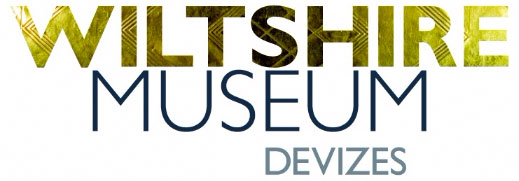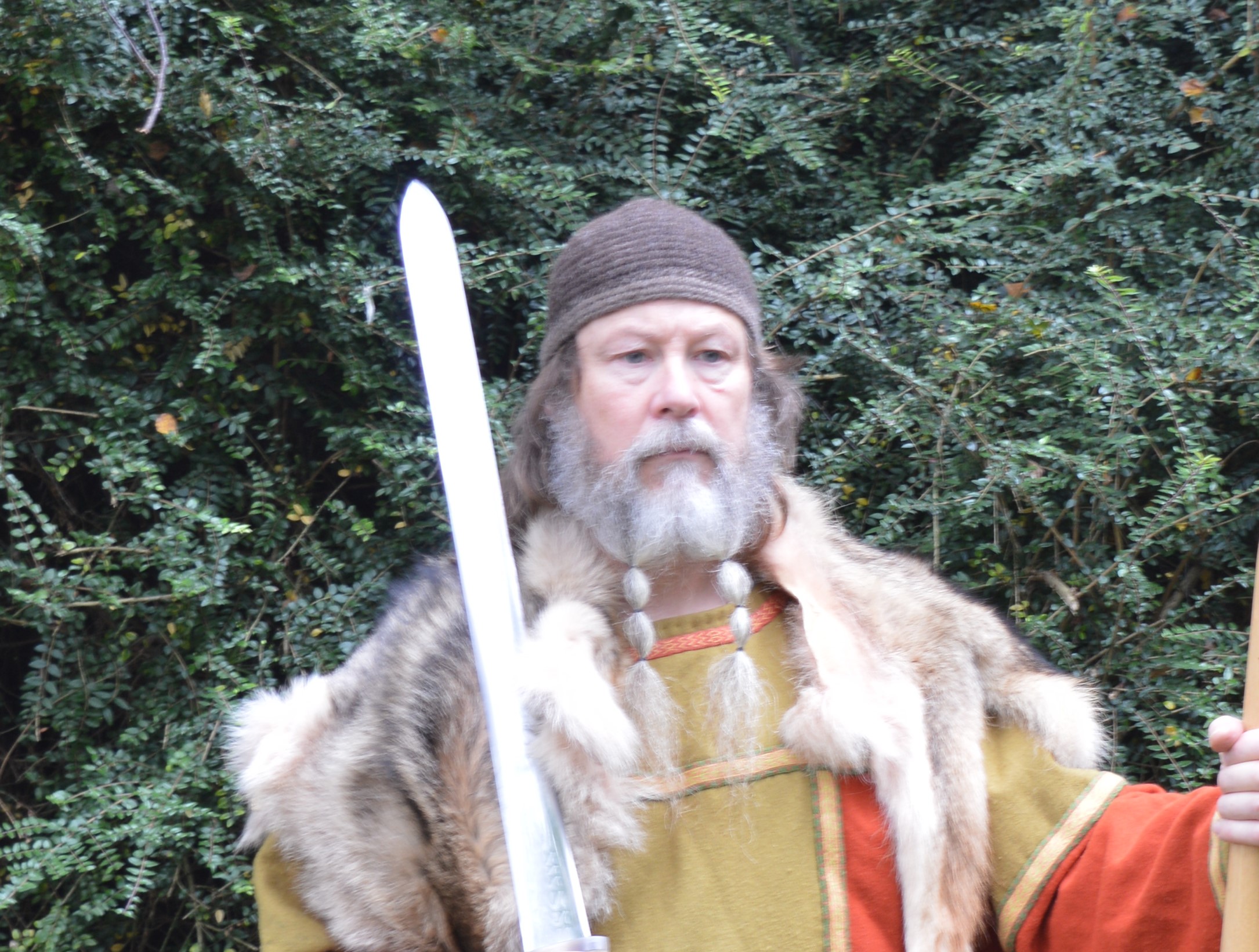Saxon Origins
In order to understand the Anglo-Saxon origins of the modern English, it is necessary to understand the extent of their continental cousins and the extent of their expansion in Europe.
Before the Saxons could be classed as two seperate group (Old-Saxons and Anglo-Saxons) they existed as one Low-German people. Situated mostly in modern Northern Germany, the Saxons are difficult to understand prior to their expansion into Britain. However, there are Roman and Frankish accounts that suggest that the early Saxons were very much unlike their migratory cousins like the Franks, Lombards and Burgundians. Instead, they stayed within “Germania” and raided Roman and later Christian Kingdoms, giving rise to the use of “Saxons” as a synonym for Raider or Pirate, much like the Vikings of the Early Middle Ages. After the collapse of the Western Roman Empire and subsequent migration of multiple Germanic Tribes in previously Roman Territory, it becomes difficult to know how the Saxons interacted with the wider world. Partly due to the lack of written records and the use of Saxon as “pirate” in what written records exist. However, due to the wars in britain between multiple Romano-British kingdoms and the use of Saxons as mercenaries, it is relatively easy to see when the Saxons first came to Britain.
As the Roman rule in Britain began to collapse in the mid 300s CE, and individual kingdoms fought for supremacy, Saxon raids on the Southern and Eastern Coast of England became increasingly common. In an attempt to curtail these raids, two different policies were used. The First was to use Roman forts along the “Saxon Shore” or Southern Coast. The Saxon Shore ultimately fell into disrepair as Roman rule collapsed. The Second policy was to invite Saxon raiders to farm British land and defend it. This backfired spectacularly, with the Saxons eventually gaining more and more political power as the population grew, ultimately supplanting the Native Britons. However, the Britons kept power through the Nobility, that is, until the Picts and Gaels of what would become Scotland attempted to push over the previous Roman border. According to the British Monk and Historian, Gildas; the British King, Vortigern invited the Saxon Warlords, Hengist and Horsa to inhabit the Isle of Thanet in exchange for acting as mercenaries against the PIcts and Gaels. However, the Saxon Warlords reneged on the deal and instead invaded Britain, creating the Kingdom of Kent. The Saxons pushed further and further into Britain until the semi-legendary Battle of Badon. Due in part to the fact that most historical texts were part fiction during this time, it is difficult to know what happened during the battle itself. The most common telling of the Battle by the 9th Century Monk Nenius, suggests that the legendary King Arthur was present and led the Britons against the Saxons. It is however, commonly known that the expansion of the Saxons stopped pushing into Britain after the battle and instead began to create new Saxon Kingdoms in their conquered territories. After the Saxons stopped their advance, Saxon culture intertwined with Romano-British culture, creating what we know as Anglo-Saxon.
While the Saxons of Britain isolated themselves on the island, their continental cousins became increasingly isolated also. Unlike the other Germans in Europe, the Saxons kept their Germanic gods. This ultimately led to religious confrontations with the ever-expanding Carolingian Empire of Charlemagne. For 32 years from 772 CE, The Frankish lead wars to conquer the Saxons in North Germany. The Leader of the Saxons, Widukind lead a devastating campaign of attrition against the Frankish invaders. Eventually, the Saxons were defeated, incorporated into the Carolingian Empire and forcibly converted to Catholicism, leaving the Anglo-Saxons as the last independent Saxons until the Norman Invasion of 1066.
This article was written by Cameron Chamberlain, 20


